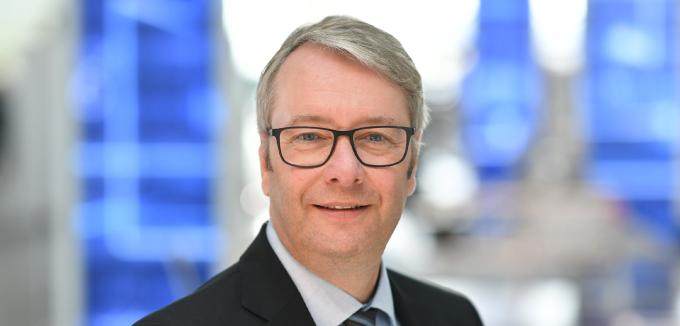DPA
“Volkswagen needs to provide more support to the partners,” says Stefan Sommer, purchasing director at Volkswagen (image archive)
Electromobility shifts the balance of power between car manufacturers and suppliers. Volkswagen wants to bring battery suppliers with money and the establishment of joint companies to produce more capacity for the Group’s electric offensive faster.
Volkswagen is investing billions in the transition to electromobility, But by no means every supplier is firmly convinced that electromobility will come in as big a dimension as the automaker’s investment might expect. That’s why Volkswagen, for example, has to court producers of battery cells and support the necessary partners, explained purchasing director Stefan Sommer at a supplier meeting in Leipzig.
In the process, they would see each other auto companies With the approaching age of electromobility today larger partners compared with the traditional automotive industry with traditional suppliers is the case. While the latter always accompanied the car companies, for the former, the construction of batteries might just be a business field of several. Given the skepticism that buyers still have about electric cars, these companies will be thinking hard about investing their capital in building a battery cell factory for e-cars, or better yet, a new line of mobile phones.
More convincing work for a battery cell manufacturer than for a traditional automotive supplier. “That’s why Volkswagen needs to be more involved in supporting its partners, for example in pre-financing production tools and sharing the entrepreneurial risk in a joint venture,” explained Sommer.
Also read:
This is Volkswagen battery partner Northvolt
With three battery consortia to the electric car world champion
The group is converting 16 factories so that electric cars can run there on tape. By mid-2023, more than 30 different models will be produced under the brands VW, Skoda, Audi and Seat. Consequently, Wolfsburg’s demand for battery production capacity is huge: in Europe and Asia, the group estimates that demand will reach 300 gigawatt hours by 2025. By 2030, these numbers would double.
As their own production capacity in Europe is not sufficiently available, the car manufacturers rely on the major manufacturers of battery cells from Asia such as SK Innovation, LG Chem and Samsung (all South Korea), Panasonic (Japan) and CATL (China) or Northvolt (Sweden) who partly build their own productions, especially in Eastern Europe.
Also read: The crazy Elektrowette of Herbert Diess
Volkswagen even there is not idle, also wants to enter cell production. But before 2023, the production in the planned plant in Salzgitter for Volkswagen will not start – and then only a fraction of the need to cover.
Volkswagen announced its entry into cell production only in March. The group also intends to reduce dependence on Asian manufacturers with an alliance of companies from seven EU states (“European Battery Union” (EBU).) The association, which is applying for state subsidies, is headed by Volkswagen and Northvolt.
In spite of their own efforts, the carmakers are definitely not avoiding increased cooperation with cell suppliers. This is increasingly shifting the power balances between suppliers and vehicle manufacturers in favor of suppliers.
Volkswagen expects that carmakers will try to tie cell manufacturers closer to themselves through joint ventures. Volkswagen is also benefiting from this, says Sommer, purchasing board member: “We are building up our own expertise, which we share with our suppliers, and we work closely together so that we have early indications if there are start-up difficulties,” Reuters quotes the purchasing director.
rei / mmo

